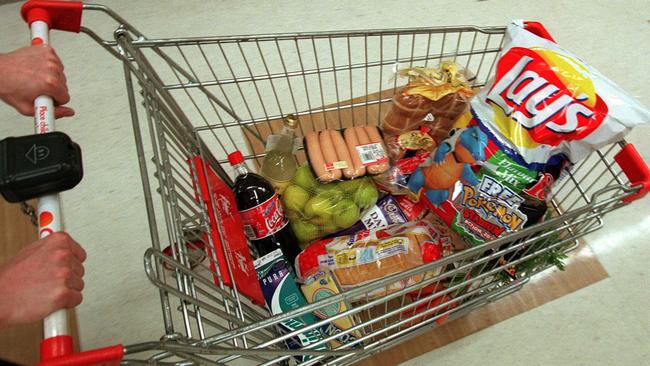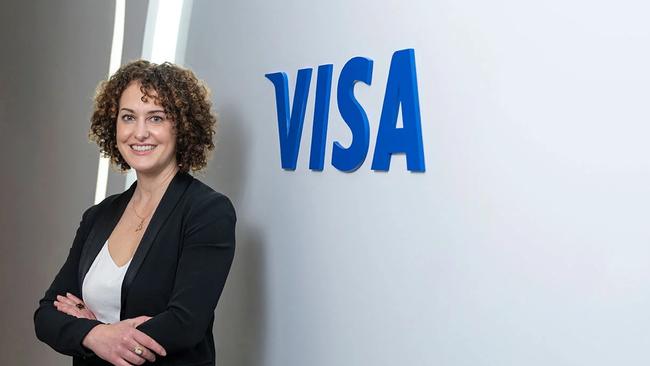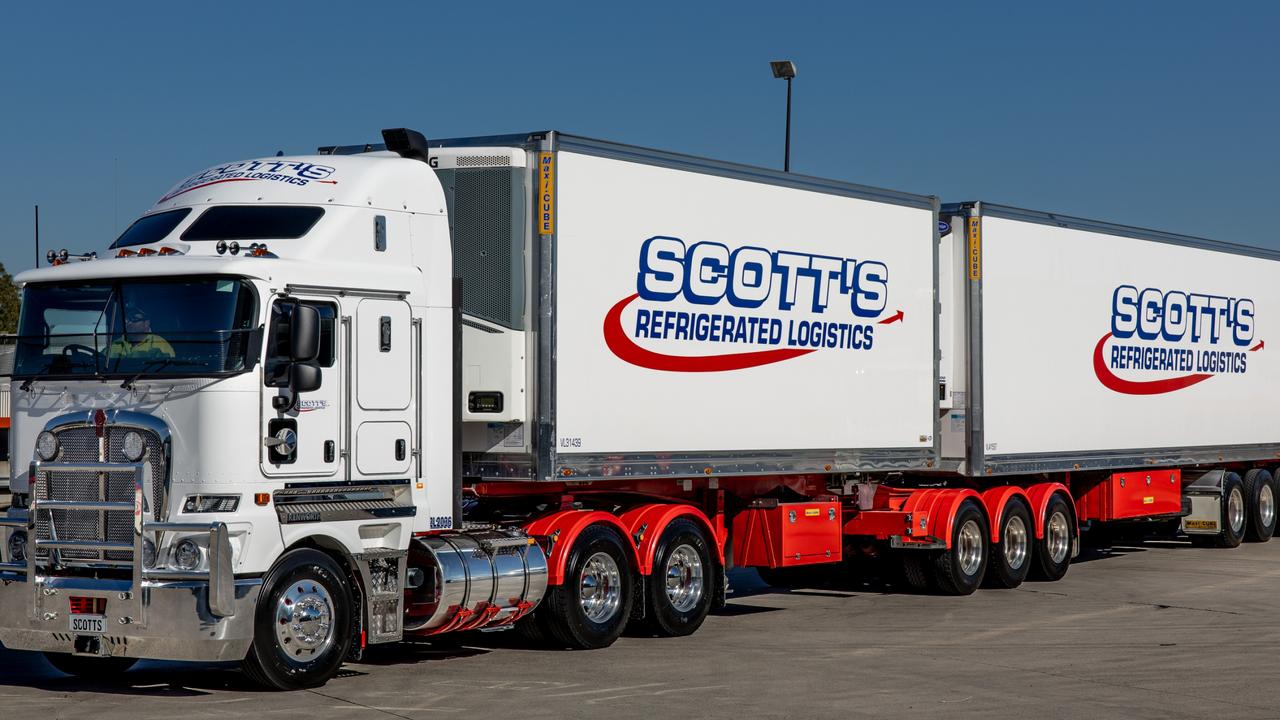Visa unleashes new AI to slash grocery bills, arrange travel and more
The card and payments behemoth has unveiled new artificial intelligence agents which can generate shopping lists, compare prices and arrange deliveries without having to lift a finger.

Business
Don't miss out on the headlines from Business. Followed categories will be added to My News.
Visa has unleashed its new artificial intelligence agents that cannot only helping generate shopping lists but compare prices, make an order and arrange delivery without customers having to lift a finger.
The card and payments behemoth has launched Visa Intelligent Commerce, developing an AI-powered shopping platform with more than 20 tech partners, including Anthropic, Microsoft, and OpenAI.
It will initially be available in the US before arriving in Australia, potentially later this year.
The technology promises to help people find the best deals for groceries and other items as well as perform more complex tasks like booking holidays, helping save time and money during a cost of living crunch.
But Visa Australia head of client engagement Ivana Tranchini said the platform needed to earn trust and show it would not run amok with people’s credit cards.
She said to overcome the potential for an out-of-control shopping spree, customers could set limits, including spending amounts and preferred retailers.
“If we’re going to make this kind of technology really valuable and exciting for people to use and to scale it, they have to trust it,” Ms Tranchini said.
“We have been doing that for 60 years, making sure that when you use your Visa, whether it be through your phone or whether it be in e-commerce … making sure that when you’re using your credentials it is you and the technology that sits around that.”

This includes the use of tokens which hide a credit card number, which is already in place when people pay for items with their smart phone.
“We’re bringing all of that same technology, but we’re helping to bring it into the environment where technology developers are building AI agents.” Ms Tranchini said.
Visa, which is worth $US667.2bn, has spent $3bn on data and AI in the past decade, and $11bn on technology generally in the past five years.

Queensland University of Technology professor of consumer behaviour and retail marketing Gary Mortimer said Visa’s new AI platform could help people save money.
“You could say ‘listen, do my grocery shopping at Woolworths this week, because I’m a Woolworths loyalty card holder, and I’m going to get points if I shop with Woolworths’ or alternatively, I’ll just say, ‘listen, my budget’s $150 do my grocery shopping for me’, and it may shop across three different retailers.”
Antony Cahill – a former executive at ANZ and National Australia Bank who now runs Visa’s value-added services division – said generative AI was rapidly presenting opportunities for buyers and sellers, and reshaping Visa as it pivoted away from being known just as a credit and debit company.
“I may have forgotten my daughter’s birthday, and AI will recognise that. AI will scan all my bank accounts and payment records. It will know typically what I’ve been spending for the last four or five years. It will know what I bought my other daughter for her birthday – you don’t want to spend more on the other,” Mr Cahill said.
“It’ll know what my daughter likes or scanned or social media posts to see what clothes she likes to wear etc. It would have picked out a garment that she likes in her size. It will have ordered that in the background. It’ll have actually written a note in my handwriting that will be attached to the present. It will select which payment method should be used with the merchant.”
Originally published as Visa unleashes new AI to slash grocery bills, arrange travel and more



